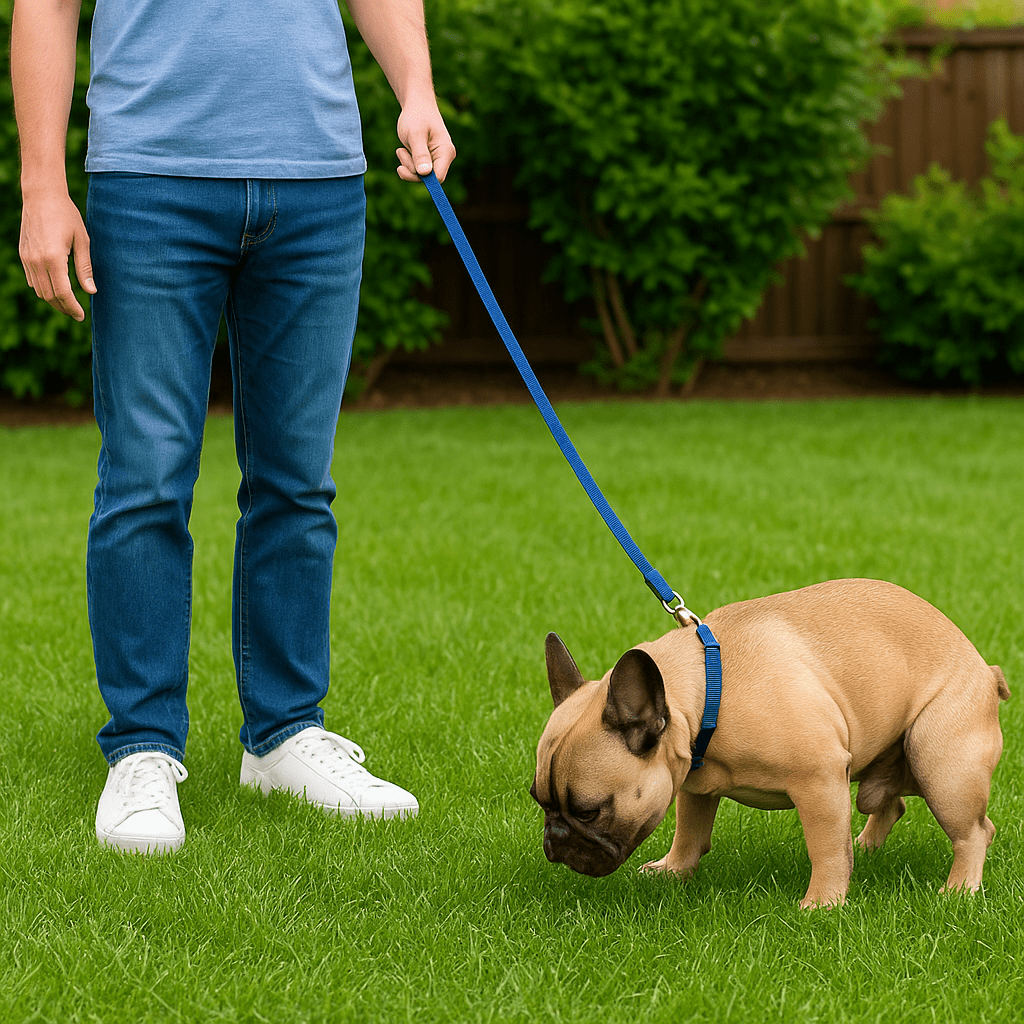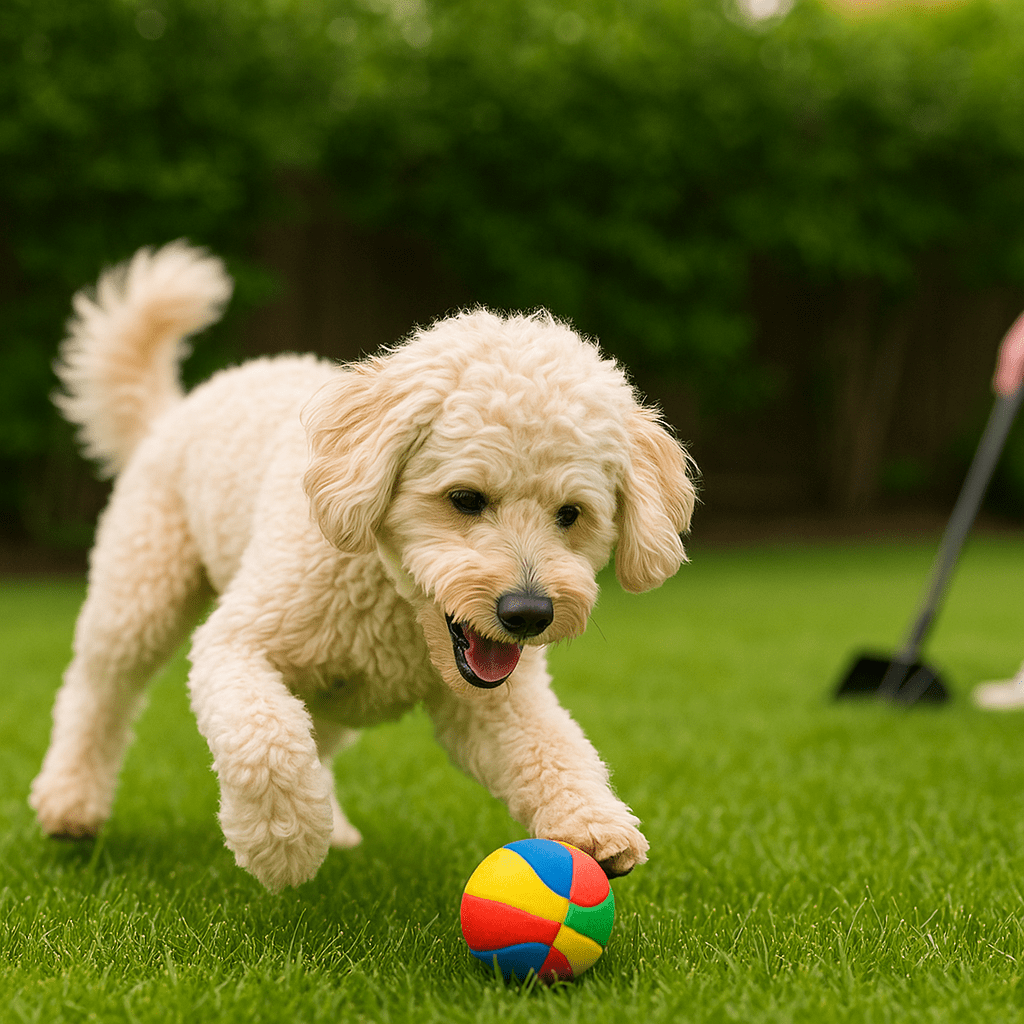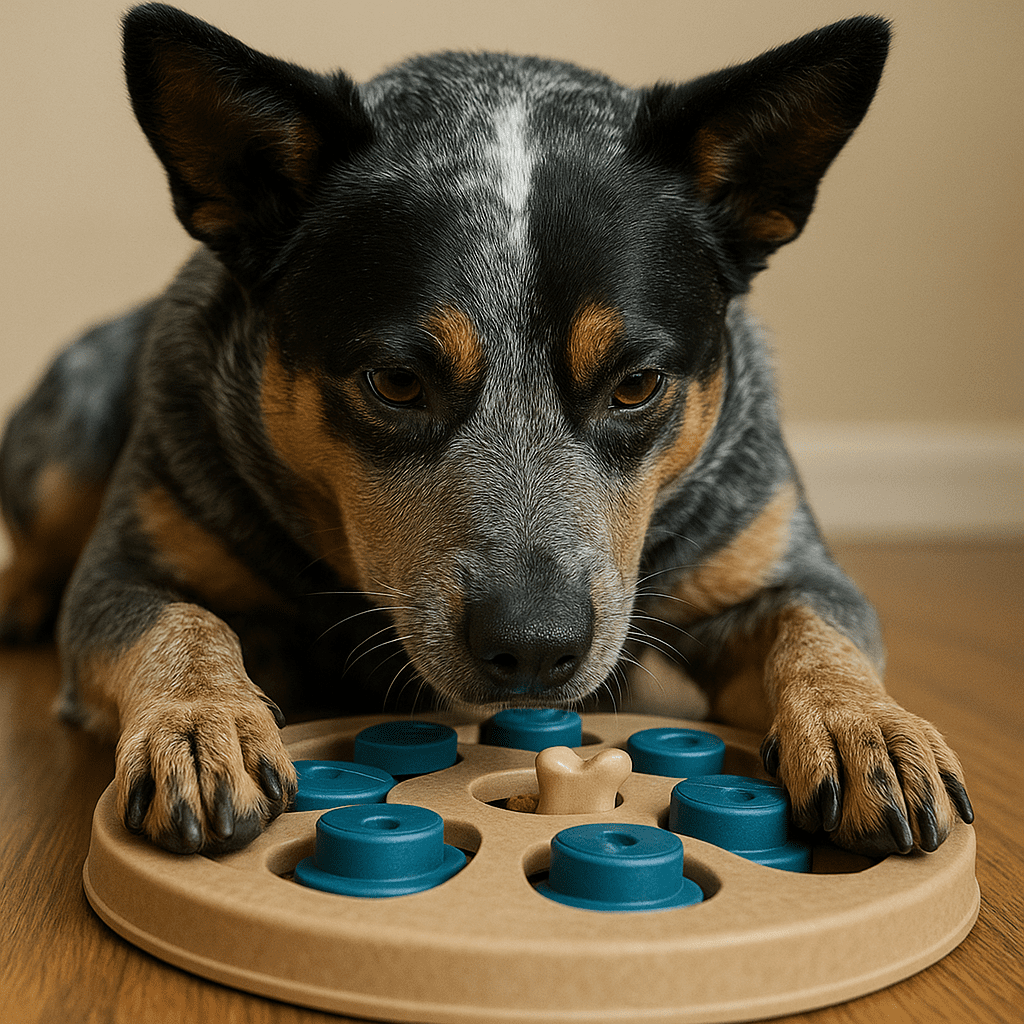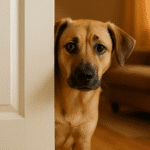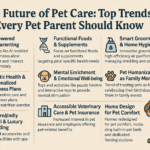The Unappetizing Mystery: Why Dogs Eat Poop and How to Stop It
It’s a moment that sends a shiver down the spine of even the most devoted dog owner. You watch your beloved pup do their business, and then, to your horror, they turn around and begin to… *consume the evidence*. This behaviour, known by the scientific name **coprophagia**, is one of the most disgusting and baffling habits a dog can have. If you’ve witnessed this, your first thoughts were likely a mix of “WHY?!” and “Is something wrong with my dog?” You are not alone. This is a surprisingly common canine behaviour, and while it’s repulsive to us, it has roots in both medical and behavioural causes.
The good news is that you can solve this unappetizing mystery. This guide will walk you through the potential reasons behind why your dog eats poop and provide a comprehensive, non-judgmental action plan to stop the habit. Addressing this is not just about eliminating a gross behaviour; it’s about ensuring your dog’s overall health and wellness.
Is It Medical? Always Rule Out Health Issues First
Before you label this as a “bad habit,” your first and most important step is a visit to your veterinarian. Coprophagia can sometimes be a symptom of an underlying medical condition where your dog is not properly digesting their food or absorbing nutrients. Your vet will help you rule out:
- Nutritional Deficiencies: If a dog’s diet is lacking in key nutrients, they may instinctively seek them out from other sources, including stool.
- Malabsorption Syndromes: Conditions like Exocrine Pancreatic Insufficiency (EPI) prevent a dog from properly digesting fats, proteins, and carbohydrates. This can leave their stool smelling appealingly undigested and lead them to try and “recycle” the nutrients.
- Intestinal Parasites: Parasites can leach nutrients from your dog’s system, leading them to feel excessively hungry and seek out other food sources.
- Conditions Causing Increased Appetite: Certain medications (like steroids) or diseases (like diabetes, Cushing’s disease, or thyroid problems) can dramatically increase a dog’s appetite, leading them to scavenge for anything edible.
A thorough check-up, including a fecal exam, is a critical first step to ensure your dog is healthy before you move on to behavioural solutions.
Is It Behavioral? The Most Common Reasons for Coprophagia
If your dog gets a clean bill of health from the vet, the cause is most likely behavioral. Here are some of the leading theories:
- It’s an Instinct: Mother dogs instinctively lick their puppies clean and ingest their waste to keep the “den” clean and hide the scent from predators. This is a normal, hardwired behavior that some puppies may carry into adulthood.
- Boredom or Stress: For a dog left alone in a yard with nothing to do, a pile of poop can become a source of self-entertainment. It can also be a self-soothing behavior for anxious or stressed dogs.
- It Gets a Reaction (Attention-Seeking): Your horrified shriek and frantic running is a huge, dramatic reaction! A dog craving attention may learn that eating poop is a guaranteed way to get you to interact with them, even if the attention is negative.
- Attempting to “Clean Up”: If a dog has been harshly punished for having accidents in the house, they may eat their own poop to “hide the evidence” and avoid being punished. This is a fear-based response.
- It Simply Tastes Good (to them): This is the hardest one for us to stomach. Sometimes, especially if a dog’s diet is high in fat or protein, their stool may remain relatively undigested and palatable to them. This is particularly true for dogs who eat the poop of other animals, like cats, whose high-protein diet results in “tasty” waste.
Your 4-Step Action Plan to Stop Poop Eating
Tackling this issue requires a multi-pronged approach that combines management, training, and enrichment.
Step 1: The “Clean Yard” Policy (Management is Key)
This is the most critical and effective step. A dog cannot eat poop that isn’t there. You must be absolutely diligent about cleaning up your yard immediately after your dog defecates. This removes the temptation and stops the behavior from being practiced and reinforced. For walks, keep your dog on a leash so you can guide them away as soon as they finish their business.
Step 2: Review Their Diet and Consider Additives
Work with your vet to ensure your dog is on a high-quality, highly digestible diet from a reputable brand. For some dogs, adding certain things to their food can help.
Step 3: Supervise, Train, and Redirect
Management alone isn’t enough; you need to teach your dog what to do instead.
Step 4: Address the Root Cause with Enrichment
If boredom or anxiety is the underlying cause, no amount of training will fix it without also enriching their life. Ensure your dog is getting plenty of physical exercise, but also daily mental stimulation through puzzle toys, training games, sniffy walks (“sniffaris”), and quality time with you. A tired, mentally fulfilled dog is far less likely to seek out gross habits.
Conclusion: Solving the Unsavory Habit
Coprophagia is a complex behavior, and there is rarely a single magic bullet to fix it. The solution requires a combination of veterinary consultation, diligent management, positive training, and a commitment to your dog’s overall enrichment and wellness. By being patient and consistent with your action plan, you can break the cycle and put this unappetizing mystery to rest for good, ensuring your dog is healthy from the inside out and that your interactions are filled with affection, not disgust.

